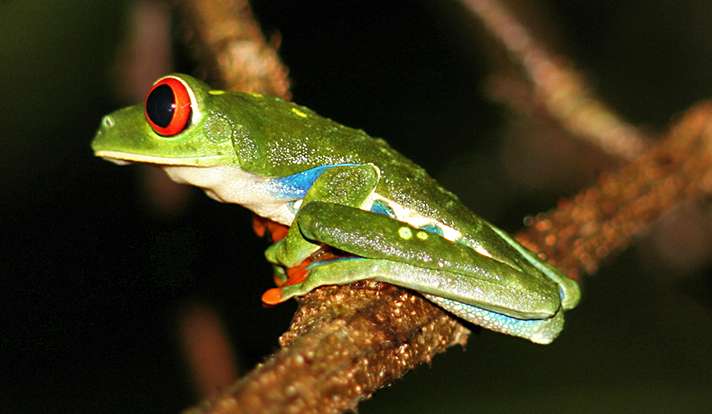Spotting the knowledge gaps in biological species data

Wealthy, emerging countries that are home to some of the most threatened animals on Earth are also the very places where biological records about animals are most sparse.
A comprehensive survey of global species distribution data, conducted in conjunction with the Yale-based Map of Life team, found that few records are accessible for Brazil, China, India, and several other large, emerging economies.
The survey results appear in the journal Nature Communications. The scientists investigated millions of records about the distribution of all known species of mammals, birds, and amphibians. Most of the records came from natural history museums or regional field surveys that make such information available.
"In our study we show that in most parts of the world, and even in many well-off countries, way too little data has been collected or shared to guide conservation and sustainable resource use," said co-author Walter Jetz, a Yale University associate professor of ecology and evolutionary biology, and director of the Yale Program in Spatial Biodiversity Science & Conservation.
Jetz is the guiding force behind Map of Life, a project that assembles and integrates multiple sources of data about species distributions worldwide, including a mobile app. "More international data sharing is critical, and efforts such as Map of Life can help guide the efficient collection and use of new information," Jetz said.
The new study sheds light on exactly where species information is most needed. "Until now it was thought that the largest data gaps were in tropical developing countries, that are rich in biodiversity but often lack the resources to study it," said lead author Carsten Meyer of the University of Göttingen. "Our study adjusts and refines this impression and demonstrates the need to carefully assess and close these gaps."
More information: For more information about the Map of Life, visit the website: mol.org/
Journal information: Nature Communications
Provided by Yale University


















